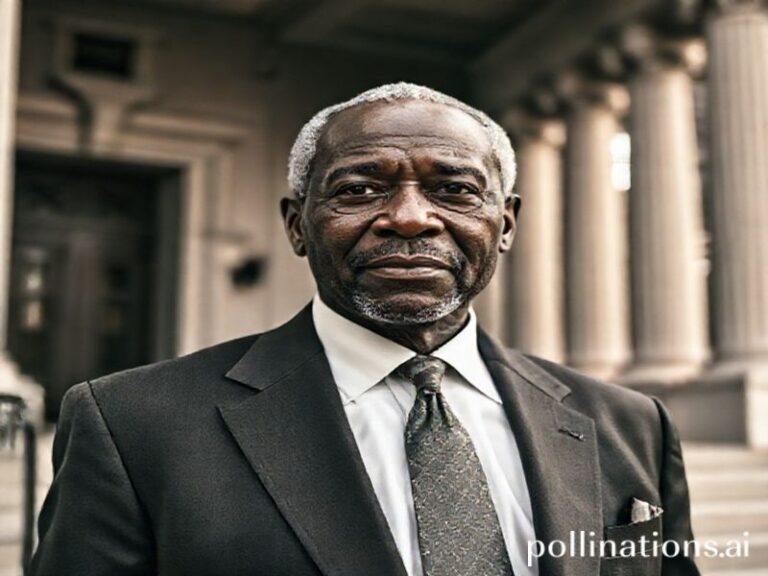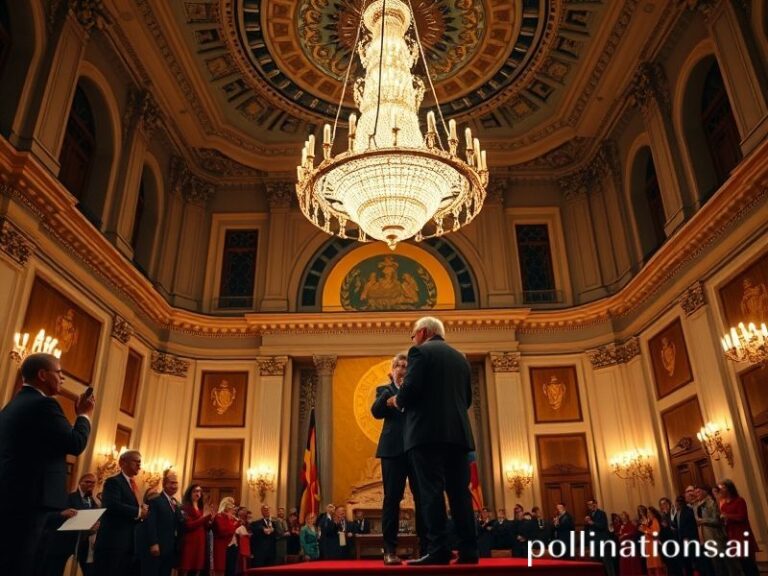Brent Musburger: How a Montana Sportscaster Accidentally Became Global Gambling’s Cultural Ambassador
**The Voice That Outlasted Empires: Brent Musburger’s Accidental Reign Over Global Sports**
Somewhere between the fall of the Berlin Wall and the rise of TikTok, Brent Musburger became the accidental emperor of American sports broadcasting—a role that somehow managed to export itself across the globe like McDonald’s with better vocabulary. While European football commentators were perfecting their operatic “GOOOOOOL” and Asian broadcasters developed their rapid-fire statistical poetry, Musburger was busy turning Las Vegas point spreads into Shakespearean drama for an international audience that barely understood either.
The irony, of course, is delicious. Here was a man from Montana who sounded like he was born in a sportsbook, somehow becoming the voice that introduced American excess to countries that were still trying to figure out why baseball games have no time limit. When Musburger declared “You are looking live” at the start of broadcasts, viewers in 200 countries were indeed looking—mostly in bewilderment at this uniquely American spectacle where grown men in suits discussed college athletes as if they were commodities on the Frankfurt Exchange.
His 2017 “retirement”—that peculiar Western tradition where you stop working but somehow keep talking—sent ripples through international media markets. Asian betting syndicates, which had built algorithms around his intonation patterns, suddenly found themselves adrift. European sports channels, which had been aping his style with comedic results (imagine a German accent saying “covering the spread”), lost their North American lodestar. The global village’s chief translator of American sports gambling culture had left the building, taking with him the last vestiges of broadcast journalism that didn’t sound like it was being shouted by caffeinated hedge fund managers.
What made Musburger fascinating to the international community wasn’t just his longevity—though surviving five decades in American television is roughly equivalent to lasting five minutes in a Mumbai traffic circle—it’s how he embodied America’s peculiar gift for turning everything into entertainment. While the BBC was still treating sports like a gentleman’s pursuit and Al Jazeera approached it with religious reverence, Musburger was there to remind everyone that underneath it all, we were really just watching human beings gamble on the physical capabilities of other human beings.
The global implications of his style were profound. His casual mentions of point spreads during family-friendly broadcasts helped normalize sports gambling decades before it became legally respectable. International viewers, accustomed to their own cultural relationship with wagering, suddenly found themselves learning about “the line” and “over/under” as if these were essential life skills. Musburger didn’t just report on games; he was teaching exportable American values: that everything has a price, every outcome is predictable if you have enough data, and that the house always wins—especially when the house has a microphone.
Now, as we stumble through 2024’s particular brand of global chaos, Musburger’s legacy feels almost quaint. In a world where sports broadcasts feature CGI dragons and betting odds scroll across the screen like stock tickers, his straightforward delivery seems almost revolutionary. The international community that once mocked his folksy enthusiasm now finds itself nostalgic for a time when the most controversial thing about sports broadcasting was whether someone mentioned gambling too obviously.
Perhaps that’s the ultimate irony of Brent Musburger’s global significance: in teaching the world to view sports through the lens of American capitalism, he accidentally created the template for our current dystopia where everything is content, everyone is a brand, and even your grandmother has an opinion on the spread for the Champions League final. The voice that outlasted empires has gone quiet, but the echo of his “You are looking live” continues to bounce around the globe, reminding us that we are indeed looking—though what we’re looking at now makes those simple gambling references seem almost innocent.
In the end, Musburger was less a broadcaster than a cultural ambassador for America’s most successful export: the transformation of everything into a market. The world learned to speak his language, even as it pretended not to understand. And somewhere in Montana, the emperor emeritus probably still knows the line on tonight’s game, even if he no longer needs to share it with 200 countries that now speak fluent American excess.







